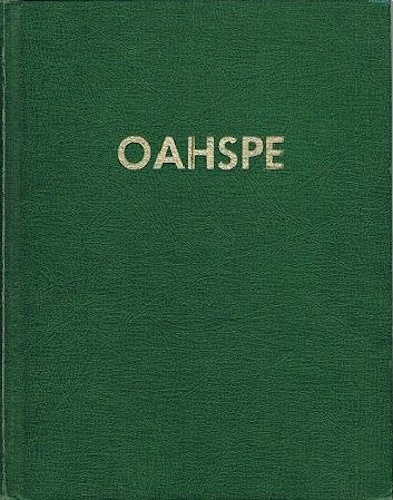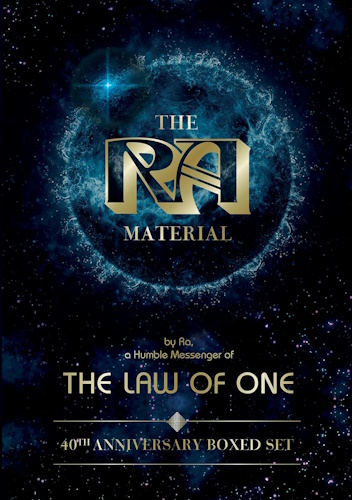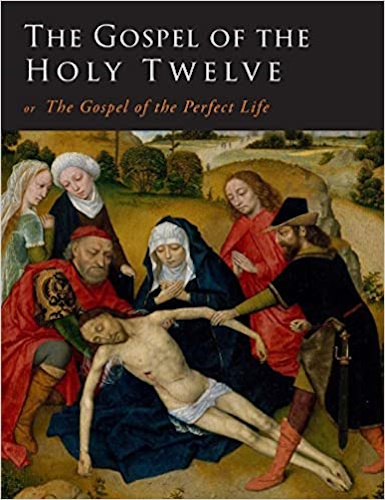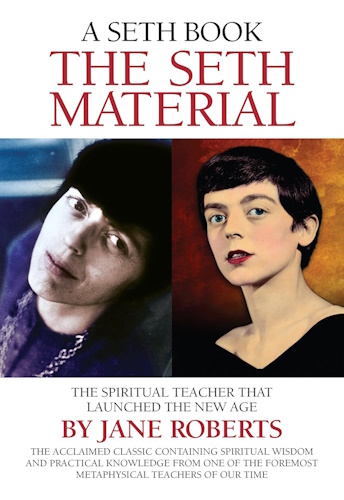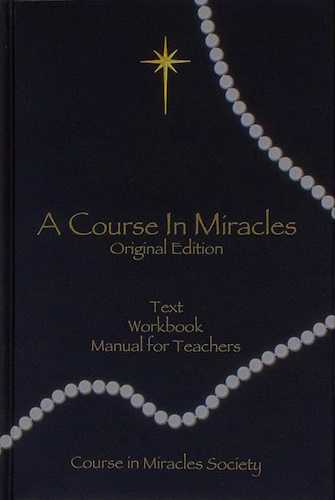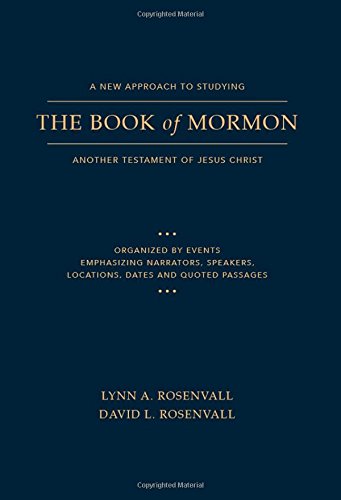
![]()
![]()
Book of Wars Against Jehovih
Chapter XXI
1. THUS laid the three great countries, Arabin'ya, Parsi'e and Heleste, of which Parsi'e was mightiest, peopled with very giants; lofty-bearing men and women, of red, copper colored; and with an abundance of long black hair; high in the nose and cheek bones; with determined jaws, and eyes to charm and command; mostly full-blooded I'huans, half-breeds betwixt the I'huans and the burrowers in the ground, the brown people, dull and stupid. The Parsi'e'ans were a proud race, built up in great comeliness by the God Apollo, whose high-raised office was to fashion the breeds of mortals into noble forms. Foremost in all the world was Parsi'e in all great deeds, and in men of learning, and in ancient wars. It was here great Zarathustra was born and raised for Jehovih's Voice and corporeal words. Here the first great CITY OF THE SUN was built, Oas, whose kings aspired to rule all the world; and great riches amongst men were here first tolerated by the Gods.
2. A strip of Par'si'e'an land cut betwixt
p. 398
Jaffeth and Vind'yu, and extended to the sea in the far east; but the great body laid to the west, covering the Afeutian Mountains, still plentiful in lions and tigers and great serpents. In these mountains came the I'huan hunters to catch lions and tigers to fight in the games, where men oft, unarmed, went into the arena, and fought them with their naked hands, choking them to death before applauding multitudes. From these mountains the hunters supplied the private dens of kings and queens with lions, whose duty was to devour thieves and other prisoners, according to mortal law.
3. And oft these traveling hunters dwelt with the sacred little people in the wilderness, the I'hins, whom Jehovih had taught to charm even the great serpents and savage lions and tigers to be their friends and worshippers. And herefrom sprang a people called Listians, who, living mostly in the forests, went naked, to whom the I'hins taught the secret of CHARMING AND SACRED HAND POWER, who worshipped Jehovih, owning no man nor God as master, for which the Great Spirit named them SHEPHERD KINGS, for they ruled over flocks of goats, which supplied them with milk, and butter, and cheese, and wool for cloth for crotch-clothes, the only covering they wore.
4. These Shepherd Kings, the Listians, lived in peace, wandering about, making trinkets, which they oft exchanged with the inhabitants of cities and the agricultural regions. One-fourth of the people of Pars'ie were Listians, who were well guarded by Jehovih's angels. And these were such as De'yus meant to obsess for future use in terrible wars, but the other three-fourths lived in the fertile regions of Parsi'e, the lands of which were rich in yielding ample harvests. The cities were filled with mills, and factories, and colleges, and common schools, free for all people to come and learn; and altars, and temples of worship, and oracle structures, made without windows, so Jehovih's angels could come in sar'gis and teach His Holy Doctrines. Besides which were temples and observatories for studying the stars, which were mapped out and named even as their names stand to this day. And next to these were the HOUSES OF PHILOSOPHY, in all the cities; where great learned men undertook to examine the things of earth, to learn the character and property thereof. And whether of fish, or worm, or stone, or ores, or iron, or silver, or gold, or copper, they had learned to read its worth and nature. And of things dead, no longer living on the earth, and of strange stones, and of skins and bones of animals, their houses were well filled, for benefit of students and visitors. It was these that De'yus meant to have his armies possess, body and soul, for his own glory, knowing that by their researches in such matters for many generations they had strayed away from Jehovih. For such is the rule pertaining to all children begotten on the earth. If the father and mother be on the downward road in unbelief, the child will be more so; but if on the upward way, to glorify an All Highest, the child will be holier and wiser than its parents.
5. In olden times the Gods had inspired the Parsi'e'ans to migrate toward the west and inhabit the lands of Heleste, also a country of giants, but less given to rites and ceremonies; and they carried with them three languages: the Panic, of Jaffeth; the Vedic, of Vind'yu, and the Parsi'e'an; and because they used the same sounds, mostly, but different written characters, a confused language sprang out of these, and was called Fonece, and the people thus speaking were called Foneceans, that is to say: We will use the same sounds, but take to our judgment to use whatsoever written characters we choose. Hence, Fonece is the first and oldest of mortal-made languages; and this was styled in heaven the period of the emancipation of mortals from the dictatorship of angels in regard to written signs and characters and words. Jehovih had said: In that respect man on earth hath advanced enough to stand alone; and it was so, for, from that time to this, neither Jehovih nor his angels have given any new language or written characters to mortals. And all languages that have come from that time onward, are but combinations and branches, and amalgamations and malformations of what existed then on the earth.
6. The Helestians were rich in agriculture, and in herds of cattle and goats, both wool goats and hair goats; for it was in this country that the angels first taught man how to breed the goats for hair or for wool, accordingly as he desired. And these people were also mostly worshippers of Jehovih, and had many altars and temples; dwelling in peace, and loving righteousness.
7. Arabin'ya had four kinds of people within her regions: The I'huans, the Listians, the I'hins, and the brown burrowers in the ground, with long noses and projecting mouths, very strong, whose grip of the hand could
p. 399
break a horse's leg. The brown people, though harmless, were naked, living mostly on fish and worms and bugs and roots; and they inhabited the regions of the great river, Tua. Over these people, to subdue them and destroy them, Osiris allotted his great angel general, Egupt, servant of De'yus. Egupt called the region of his allotment after himself, Egupt, the same which is corruptly called Egypt to this day.
8. In the time of Abraham this country was called South Arabin'ya; but when, in after years, the great scholars entered the records in the kings' libraries, the later names were used, being written in the Fonecean language and not Eguptian, which was the language of the unlearned.
9. But the chief part of all the people in Arabin'ya were I'huans, of color and size and figure like the Parsi'e'ans, being also the offspring of the I'hins and the brown earth-burrowers, the hoodas, from whom they inherited corporeal greatness, even as from the I'hins they inherited holiness of spirit. But the flat heads had mostly disappeared from Arabin'ya.
10. And here were thousands of cities, great and small, even as in Parsi'e and Heleste, and they had colleges and houses of philosophy, even like Parsi'e, besides thousands of public libraries, which supplied books freely to the poor, who came here to be taught in the sciences, and in the arts of painting and engraving and sculpture, and in astronomy, and mathematics, and chemistry, and minerals, and assaying, and in the rules for inventing chemical combinations. But the Listians were the only people who dealt in charms and the secrets of taming serpents and beasts by virtue of the hand, and by curious scents, prepared secretly. And the Listians maintained the fifth rite in the resurrection, whereby, on the fifth day after death, the soul appeared in mortal semblance to his living people, and advised them lovingly, after which he ascended in their burning incense going to Jehovih!
11. Of such like, then, were the people over whom De'yus, named Lord God, had set his thousand millions, to subdue them for his own glory. And thus it came to pass, Jehovih spake in Craoshivi, saying: The time shall come when angels and mortals shall know of a truth that the Lord God is a false God and a vain-glorious usurper. For I will leave one race of I'huans on the earth, in Guatama, even till the era of kosmon. And men and angels shall see and understand that man of himself never inventeth a God in figure of a man born of woman. And that only through the inspiration of My enemies, who build kingdoms in hada for their own glory, hath any people ever fallen from My estate to worship a God in image of man.
-
Urantia Book, 44:0.11 - The Celestial Artisans
Never in your long ascendancy will you lose the power to recognize your associates of former existences. Always, as you ascend inward in the scale of life, will you retain the ability to recognize and fraternize with the fellow beings of your previous and lower levels of experience. Each new translation or resurrection will add one more group of spirit beings to your vision range without in the least depriving you of the ability to recognize your friends and fellows of former estates.
-
Princess Bride 1987 Wallace Shawn (Vizzini) and Mandy Patinkin (Inigo Montoya)
Vizzini: HE DIDN'T FALL? INCONCEIVABLE.
Inigo Montoya: You keep using that word. I do not think it means what you think it means. -
Urantia Book, 117:4.14 - The Finite God
And here is mystery: The more closely man approaches God through love, the greater the reality -- actuality -- of that man. The more man withdraws from God, the more nearly he approaches nonreality -- cessation of existence. When man consecrates his will to the doing of the Father's will, when man gives God all that he has, then does God make that man more than he is.
-
Urantia Book, 167:7.4 - The Talk About Angels
"And do you not remember that I said to you once before that, if you had your spiritual eyes anointed, you would then see the heavens opened and behold the angels of God ascending and descending? It is by the ministry of the angels that one world may be kept in touch with other worlds, for have I not repeatedly told you that I have other sheep not of this fold?"
-
Urantia Book, Foreword - 0:12.12 - The Trinities
But we know that there dwells within the human mind a fragment of God, and that there sojourns with the human soul the Spirit of Truth; and we further know that these spirit forces conspire to enable material man to grasp the reality of spiritual values and to comprehend the philosophy of universe meanings. But even more certainly we know that these spirits of the Divine Presence are able to assist man in the spiritual appropriation of all truth contributory to the enhancement of the ever-progressing reality of personal religious experience—God-consciousness.
-
Urantia Book, 1:4.3 - The Mystery Of God
When you are through down here, when your course has been run in temporary form on earth, when your trial trip in the flesh is finished, when the dust that composes the mortal tabernacle "returns to the earth whence it came"; then, it is revealed, the indwelling "Spirit shall return to God who gave it." There sojourns within each moral being of this planet a fragment of God, a part and parcel of divinity. It is not yet yours by right of possession, but it is designedly intended to be one with you if you survive the mortal existence.
-
Urantia Book, 1:4.1 - The Mystery Of God
And the greatest of all the unfathomable mysteries of God is the phenomenon of the divine indwelling of mortal minds. The manner in which the Universal Father sojourns with the creatures of time is the most profound of all universe mysteries; the divine presence in the mind of man is the mystery of mysteries.
-
Urantia Book, 1:4.6 - The Mystery Of God
To every spirit being and to every mortal creature in every sphere and on every world of the universe of universes, the Universal Father reveals all of his gracious and divine self that can be discerned or comprehended by such spirit beings and by such mortal creatures. God is no respecter of persons, either spiritual or material. The divine presence which any child of the universe enjoys at any given moment is limited only by the capacity of such a creature to receive and to discern the spirit actualities of the supermaterial world.
-
Urantia Book, 11:0.1 - The Eternal Isle Of Paradise
Paradise is the eternal center of the universe of universes and the abiding place of the Universal Father, the Eternal Son, the Infinite Spirit, and their divine co-ordinates and associates. This central Isle is the most gigantic organized body of cosmic reality in all the master universe. Paradise is a material sphere as well as a spiritual abode. All of the intelligent creation of the Universal Father is domiciled on material abodes; hence must the absolute controlling center also be material, literal. And again it should be reiterated that spirit things and spiritual beings are real.
-
Urantia Book, 50:6.4 - Planetary Culture
Culture presupposes quality of mind; culture cannot be enhanced unless mind is elevated. Superior intellect will seek a noble culture and find some way to attain such a goal. Inferior minds will spurn the highest culture even when presented to them ready-made.
-
Urantia Book, 54:1.6 - True And False Liberty
True liberty is the associate of genuine self-respect; false liberty is the consort of self-admiration. True liberty is the fruit of self-control; false liberty, the assumption of self-assertion. Self-control leads to altruistic service; self-admiration tends towards the exploitation of others for the selfish aggrandizement of such a mistaken individual as is willing to sacrifice righteous attainment for the sake of possessing unjust power over his fellow beings.
-
Urantia Book, 54:1.9 - True And False Liberty
How dare the self-willed creature encroach upon the rights of his fellows in the name of personal liberty when the Supreme Rulers of the universe stand back in merciful respect for these prerogatives of will and potentials of personality! No being, in the exercise of his supposed personal liberty, has a right to deprive any other being of those privileges of existence conferred by the Creators and duly respected by all their loyal associates, subordinates, and subjects.
-
Urantia Book, 54:1.8 - True And False Liberty
There is no error greater than that species of self-deception which leads intelligent beings to crave the exercise of power over other beings for the purpose of depriving these persons of their natural liberties. The golden rule of human fairness cries out against all such fraud, unfairness, selfishness, and unrighteousness.
